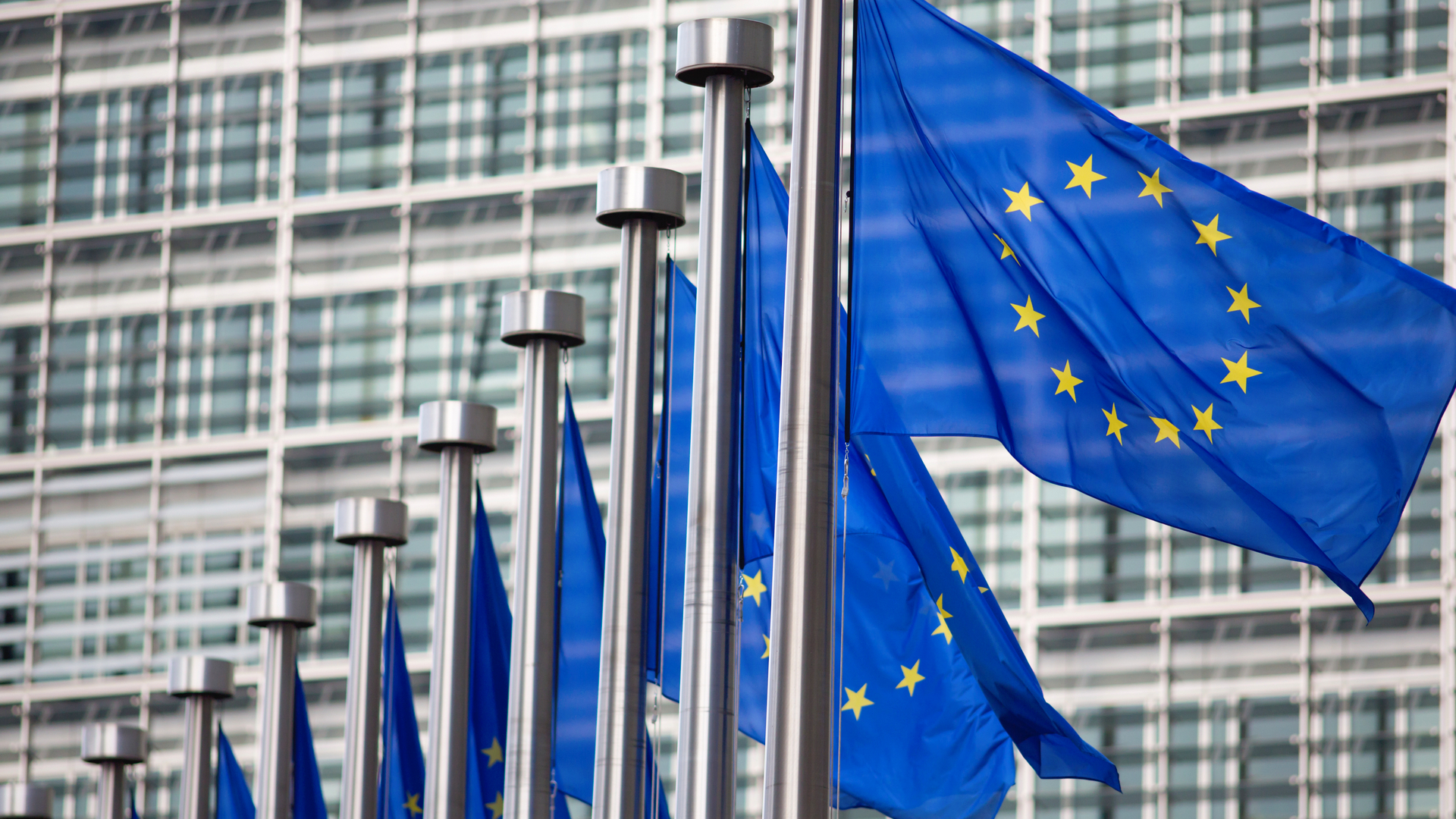Article 13 and Article 11 have been approved by European Parliament
The controversial directive has been branded a massive blow to the freedom of the internet


Sign up today and you will receive a free copy of our Future Focus 2025 report - the leading guidance on AI, cybersecurity and other IT challenges as per 700+ senior executives
You are now subscribed
Your newsletter sign-up was successful
The European Parliament has voted in favour of Article 13 and Article 11 in the final vote on the controversial EU directive today. The vote passed with a majority of 348 votes to 274.
This comes as awful news to content creators worldwide and proponents of a free and open internet - a large number of people were hoping for a last-minute miracle and for MEPs to 'see sense'.
Julia Reda, a highly outspoken opponent to the directive and German MEP for the Pirate Party said it was a "dark day for internet freedom".
One of the hopes of the opposition to the directive was that MEPs would vote on amendments individually and not as a general vote on Article 13 and Article 11 together - this was rejected by a majority of just five votes.
In a statement, YouTube said the final version of the EU Copyright Directive was "an improvement" but that it remained "concerned" that Article 13 could have "unintended consequences that may harm Europe's creative and digital economy".
The vote will be welcomed mainly by music artists, a core group of people who felt copyright laws worked to weakly to their detriment. It's now believed that artists will be compensated fairer and the free reproduction and repurposing of their work will cease.
In a press conference following the announcement Guy Verhofstadt, a Belgian MEP and president of ALDE group said: "We have to make our own internet model in Europe as fast as possible so there is a choice for people and to reduce American monopolisation [of data controlling]".
Sign up today and you will receive a free copy of our Future Focus 2025 report - the leading guidance on AI, cybersecurity and other IT challenges as per 700+ senior executives
"To do that, GDPR was the first step, copyright is the second step and we need other steps in the coming years: creating one regulator and internet standards in Europe," he said. "There is no freedom of internet today, the only freedom is to send data to US companies for their profit and that's all".
Just days before the vote, 200,000 people took to the streets of Germany to protest the proposed directive in favour of a free internet, these reports were eclipsed in the UK by our own pressing protests.
The vote didn't win the approval of the technology industry either.
"Today the European Parliament has failed to strike the right balance between protecting copyright and ensuring freedom of expression. We are particularly concerned about the impact the new Copyright Directive will have on competition within the digital sector given the high-cost of meeting the requirements Directive now creates. The technical challenges created by these new rules show the continued need for lawmakers to better understand the technologies and businesses they seek to regulate. Policy makers have to take responsibility for the consequences of pursuing simplistic solutions to complex problems," said Giles Derrington, associate director of policy, techUK.
"From a UK perspective it is now critical that government gives clear direction on how the UK will use the flexibility the Directive affords on text and data mining tools, and makes clear how the UK will approach the implementation phase of the Copyright Directive given the UK's departure from the EU."
Simon Migliano, head of research at Top10VPN, noted that while Article 13 has "well-intended copyright laws" is could see the thriving online creation community severely stifled.
"Companies hosting user-generated content will have to implement content filters that are often too rigid and overzealous in their blocking," said Migliano.
"The reality is that a generation that has been brought up on memes and video platforms like YouTube is hardly likely to take this unprecedentedly far-reaching legislation lying down. It will not come as a surprise to see millions of European web users turning to anti-censorship tools like VPNs (Virtual Private Networks) in a bid to retain their internet freedoms."
Now the vote has passed, EU member states will have two years to draft the regulations as set out by the directive into domestic law, similarly to how the UK drafted the Data Protection Act 2018 following the European data directive.

Connor Jones has been at the forefront of global cyber security news coverage for the past few years, breaking developments on major stories such as LockBit’s ransomware attack on Royal Mail International, and many others. He has also made sporadic appearances on the ITPro Podcast discussing topics from home desk setups all the way to hacking systems using prosthetic limbs. He has a master’s degree in Magazine Journalism from the University of Sheffield, and has previously written for the likes of Red Bull Esports and UNILAD tech during his career that started in 2015.
-
 Microsoft Copilot bug saw AI snoop on confidential emails — after it was told not to
Microsoft Copilot bug saw AI snoop on confidential emails — after it was told not toNews The Copilot bug meant an AI summarizing tool accessed messages in the Sent and Draft folders, dodging policy rules
-
 Cyber experts issue warning over new phishing kit that proxies real login pages
Cyber experts issue warning over new phishing kit that proxies real login pagesNews The Starkiller package offers monthly framework updates and documentation, meaning no technical ability is needed